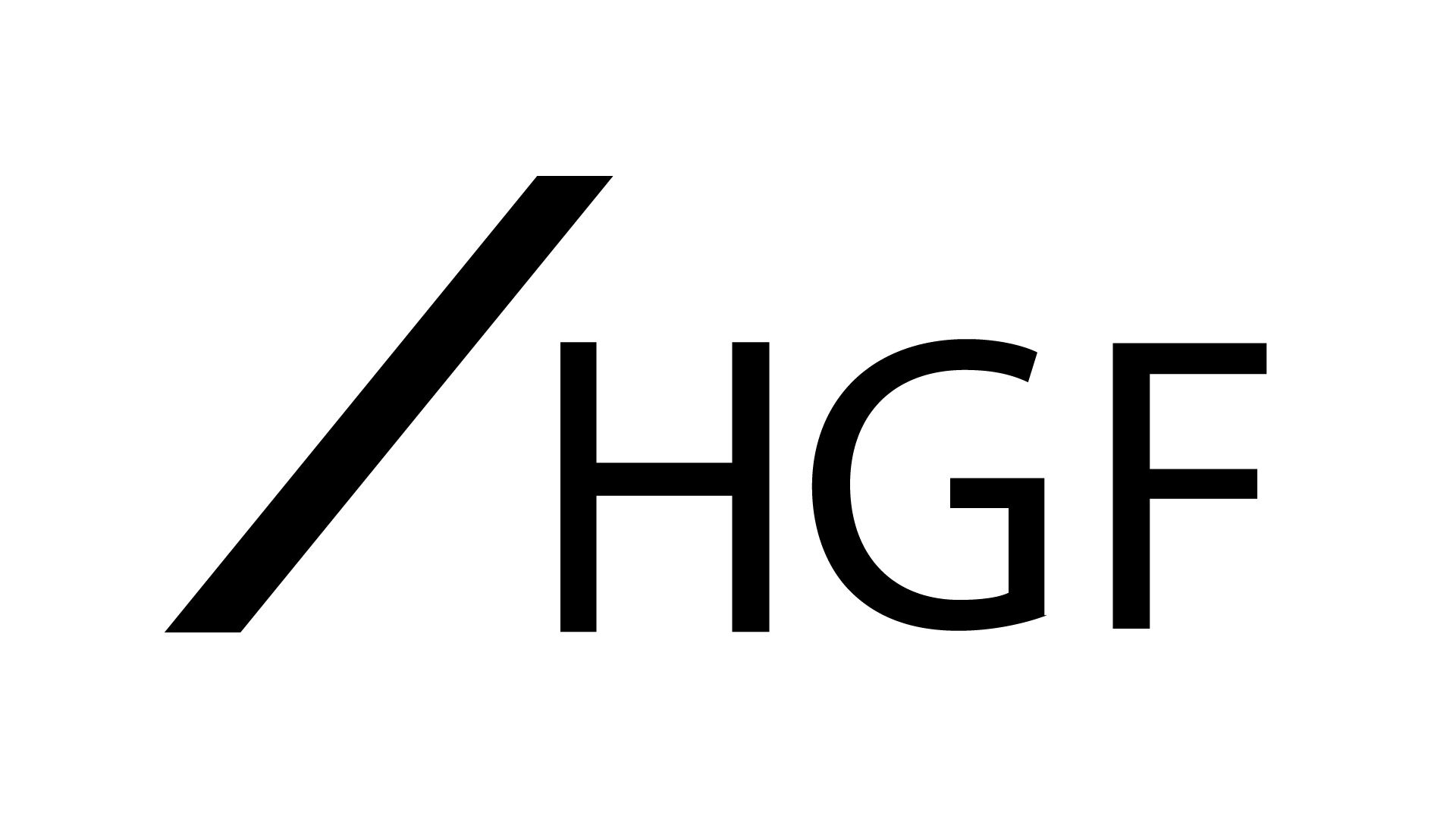News
Referral to EPO Enlarged Board of Appeal on “Entitlement to Priority”
February 2022
A referral has been made to the Enlarged Board of Appeal (EBA) of the EPO concerning entitlement to priority. T 2719/19 has been consolidated with T 1513/17 and the following questions referred to the EBA:
I. Does the EPC confer jurisdiction on the EPO to determine whether a party validly claims to be a successor in title as referred to in Article 87(1)(b) EPC?
II. If question I is answered in the affirmative:
Can a party B validly rely on the priority right claimed in a PCT-application for the purpose of claiming priority rights under Article 87(1) EPC in the case where
1. a PCT-application designates party A as applicant for the US only and party B as applicant for other designated States including regional European patent protection and
2. the PCT-application claims priority from an earlier patent application that designates party A as the applicant and
3. the priority claimed in the PCT-application is in compliance with Article 4 of the Paris Convention?
Background to the Referral
US priority application US 60/571444 (P1) was filed by 3 inventor applicants: R.P. Rother, H. Wang and Z. Zhong. Subsequently, a PCT application was filed which named R.P. Rother, H. Wang and Z. Zhong as applicants for the USA, whereas it named Alexion Pharmaceuticals and the University of Western Ontario as the applicants for a European patent.
An assignment of the priority rights of the inventors Wang and Zhong to Alexion Pharmaceuticals or the University of Western Ontario had not taken place prior to filing of PCT application; only the priority right of the inventor Rother had been assigned to Alexion Pharmaceuticals.
The validity of the priority claim was subsequently contested because Alexion Pharmaceuticals and the University of Western Ontario were not applicants or successors in title to the priority application since Wang and Zhong had not transferred their priority right at the time of filing.
However, Alexion appealed, arguing that where the applicants for a PCT application were not the same for all designated states, they should nevertheless be regarded as “joint applicants”.
The “joint applicants approach” is where party A is an applicant for the priority application and parties A and B are applicants for the subsequent application in which the priority right was invoked. Party B can benefit from the priority right to which their co-applicant party A was entitled. A separate transfer of the priority right to party B was not needed. The joint applicants approach was developed in EPO case law and is described in Article 118:
“Where the applicants for or proprietors of a European patent are not the same in respect of different designated Contracting States, they shall be regarded as joint applicants or proprietors for the purposes of proceedings before the European Patent Office. The unity of the application or patent in these proceedings shall not be affected; in particular the text of the application or patent shall be uniform for all designated Contracting States, unless this Convention provides otherwise.”
Alexion’s argument was that the joint applicants approach should also apply to PCT applications. That is, Alexion believed that themselves, The University of Western Ontario, Rother, Wang and Zhong were all joint applicants of the PCT application.
The Board of Appeal particularly noted divergent practice on the PCT joint applicant approach and a number of cases in which the validity the PCT joint applicant approach had or was in dispute (T 2749/18, T 2842/18, T 1837/19 and T 845/19). The Board of Appeal concluded that the issue was a point of law of fundamental importance and therefore deserved a referral to the Enlarged Board of Appeal for guidance on the priority issue. Interestingly, the referred questions included a question on whether the EPO is even competent to determine questions of assignment of the right to priority, as the Board of Appeal also felt there was need for clarification on this issue.
This update was prepared by HGF Professional Standards Officer Dr Edward Pullicino.
































